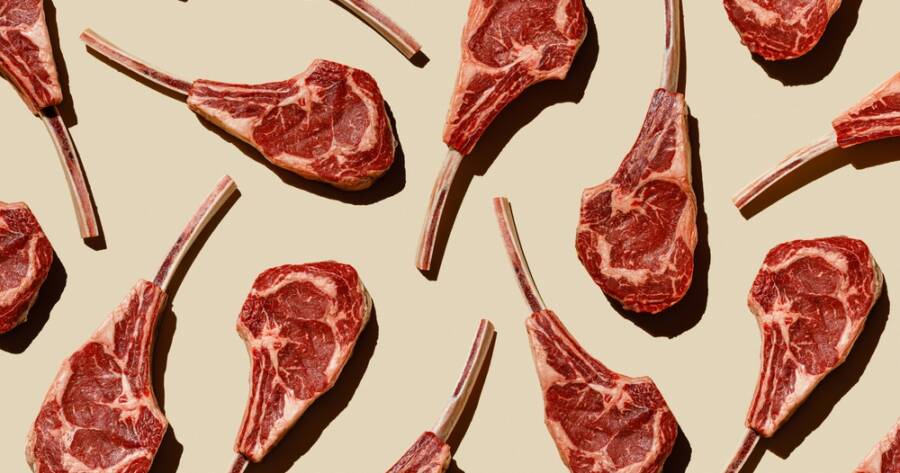The carnivore diet, a high-protein, zero-carb lifestyle, is gaining popularity among those seeking a drastic change in their eating habits. By eliminating plant-based foods entirely, this all-meat diet focuses on nourishing the body with animal products alone. Whether you’re curious about its health benefits or looking for a new approach to eating, embracing the carnivore diet could be a game-changer. Keep reading to discover what this lifestyle entails and how to get started.
What Is the Carnivore Diet?
The carnivore diet is a very restrictive eating plan where individuals consume only animal-based foods. This includes meats, fish, eggs, and limited dairy, while all fruits, vegetables, grains, legumes, and sugars are excluded.
The diet is based on the idea that our ancestors primarily consumed animal products, and that cutting out carbs and plant-based foods may help improve health. The simplicity of the plan makes it an appealing option for those looking for a straightforward approach to weight loss and health improvement, although it may not suit everyone.
Potential Benefits of the Carnivore Diet
While the health benefits of the carnivore diet remain a topic of debate, some people report significant improvements after adopting it. It may lead to weight loss by shifting the body’s primary energy source from carbohydrates to fats. Some followers also claim reductions in inflammation and better mental clarity.
The high-protein, high-fat nature of the diet may increase satiety, reducing overall calorie intake and helping regulate hunger hormones. However, it’s important to note that scientific studies on the long-term effects are limited, and it’s advisable to consult with a healthcare provider before starting.
Getting Started on the Carnivore Diet: Foods You Can Eat
Starting the carnivore diet involves eliminating all plant-based foods and focusing on animal products. You can enjoy a variety of meats, such as fatty cuts of beef like ribeye, pork chops, and bacon. Fish, especially fatty options like salmon and mackerel, are also staples.
Eggs are also encouraged due to their nutrient density. For those who tolerate dairy, low-lactose options like grass-fed butter, cheese, and kefir can be included. Bone broth and animal fats such as lard or tallow are also key components of the diet, providing additional healthy fats and nutrients.
Foods to Avoid on the Carnivore Diet
While the carnivore diet is focused solely on animal products, it strictly excludes all plant-based foods. This means no fruits, vegetables, grains, legumes, or sugars are allowed. Common items that are off-limits include bread, pasta, rice, beans, and nuts. Dairy consumption is typically limited to low-lactose options, and even then, moderation is advised.
Additionally, processed foods with additives, such as MSG or nitrates, are also excluded from the carnivore diet. This ensures that only the purest animal-based nutrients are consumed, though it may feel restrictive for some individuals.
Is the Carnivore Diet Right for You?
The carnivore diet can be a transformative option for some people, particularly those looking for a simple, no-frills way to lose weight and improve certain health markers. However, due to its restrictive nature, it’s important to consider whether it aligns with your lifestyle and long-term health goals.
Consulting with a healthcare professional is recommended before starting any new diet, especially one as exclusive as this. If you’re looking for an intense dietary shift, the carnivore diet might offer noticeable benefits, but it’s not for everyone.

